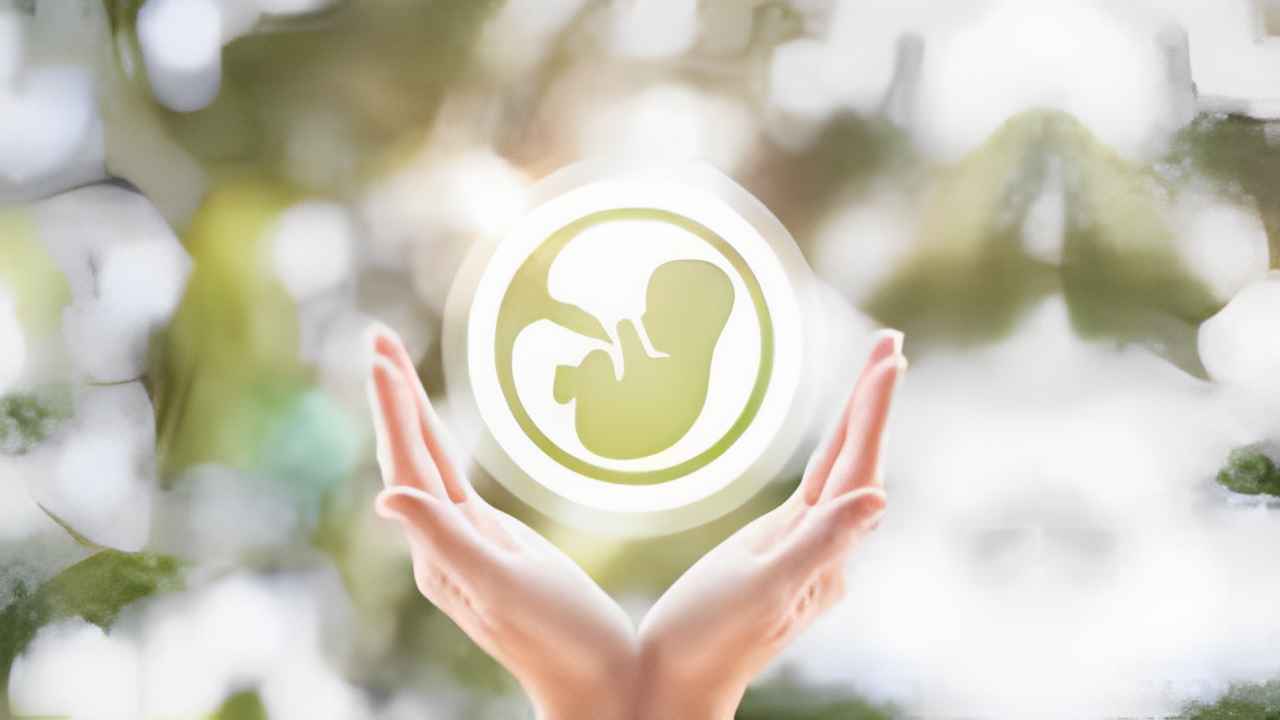Reproductive Health & Fertility

Fertility refers to the ability of an individual or couple to conceive and have a child. Both men and women can experience fertility issues, which may be caused by a variety of factors such as age, lifestyle, genetics, and medical conditions. Here are some key points to consider regarding fertility:
- Age: A woman’s fertility declines as she ages, with the most significant decline occurring after the age of 35. Men also experience a decline in fertility as they age, although the decline is more gradual.
- Lifestyle factors: Certain lifestyle factors such as smoking, alcohol and drug use, poor diet, and lack of exercise can have a negative impact on fertility. Maintaining a healthy lifestyle can help improve fertility outcomes.
- Medical conditions: Medical conditions such as polycystic ovary syndrome (PCOS), endometriosis, and low sperm count can affect fertility. It’s important to seek medical attention if fertility issues are suspected, as many conditions can be treated.
- Fertility treatments: There are a variety of fertility treatments available, ranging from medication to assisted reproductive technologies (ART) such as in vitro fertilization (IVF). These treatments can help individuals and couples overcome fertility issues and conceive.
- Emotional support: Fertility issues can be emotionally challenging for individuals and couples. It’s important to seek emotional support from loved ones or mental health professionals if needed.
Overall, fertility is a complex issue that can be affected by a variety of factors. Understanding the causes of fertility issues and seeking appropriate medical care and emotional support can help individuals and couples overcome fertility challenges and achieve their family-building goals.

